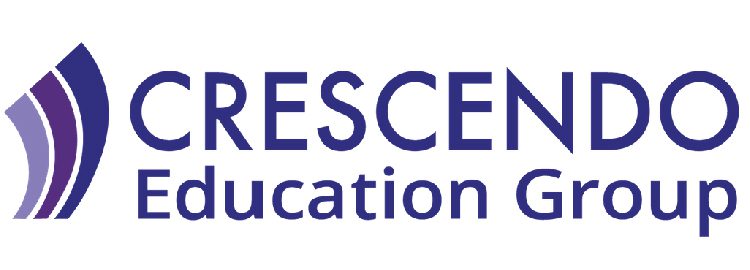Grading for Equity
What It Is, Why It Matters, and How It Can Transform Schools and Classrooms


This book will stop educators who want to improve their practices with underserved students right in their tracks. Feldman offers an insightful invitation to teachers who dare change the ways in which we have been taught to grade students’ products. He demonstrates how our grading practices are grossly under substantiated and too often unquestioned, and he challenges educators to build equitable assessment tools and mechanisms to support learning and development of all students. A must read for justice-centered educators.
Co-author of These Kids are Out of Control, Past President of the American Educational Research Association Cornelius Vanderbilt Chair and Professor of Education Peabody College, Vanderbilt University

Feldman shows us how we can use grading to help students become the leaders of their own learning and lift the veil on how to succeed. Authentic assessment and transparent grading are essential parts of a culturally responsive classroom. This must-have book will help teachers learn to implement improved, equity-focused grading for impact.
Education Consultant and Author of Culturally Responsive Teaching and the Brain

Reading this book will make you re-think the way you assess students and will inspire you to enact a system that encourages revision and redemption instead of compliance and corruption.
Ph.D., Senior Lecturer at Stanford School of Education and Co-Founder of Challenge Success

Feldman is the nation’s leading expert on equitable grading. It is an honor to feature him and his insights in ACUE certification courses. The proven approaches he recommends are as relevant to professors as they are to any educator committed to grading as a tool for deeper learning.
PhD, President and Co-Founder Association of College and University Educators (ACUE)

Authentic assessment and transparent grading are essential parts of a culturally responsive classroom. This must-have book will help teachers learn to implement improved, equity-focused grading for impact
Education Consultant and Author of Culturally Responsive Teaching and the Brain
How Equitable is Your Grading?
Students need equitable grading in every classroom in every school. We are here to help!
Bring Equitable Grading to your PLC, School, or District
We have many resources and ways to support teachers and school / district leaders to bring improved grading to your students. Join us in our mission to transform schools and classrooms!
Join Our Community
Sign up for our quarterly newsletter to stay connected, informed, and empowered to grade more equitably and to increase all students’ opportunities to succeed. We share research updates, relevant news articles, new supports, podcasts, and other stories or experiences from our teachers, leaders, and partners.

